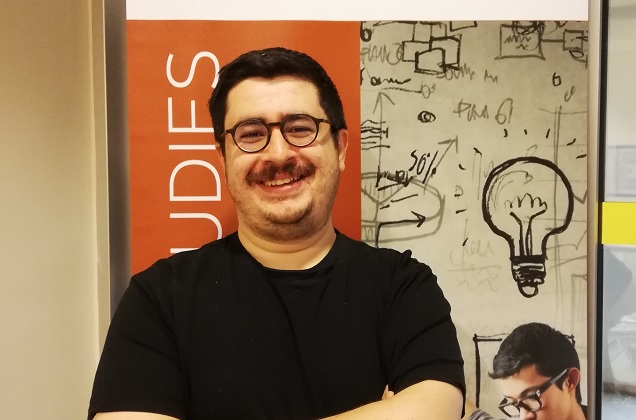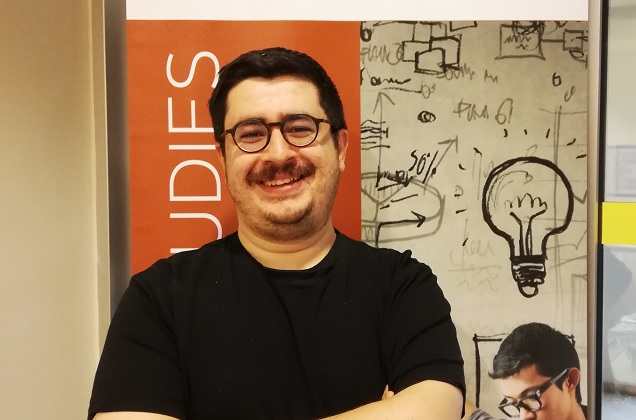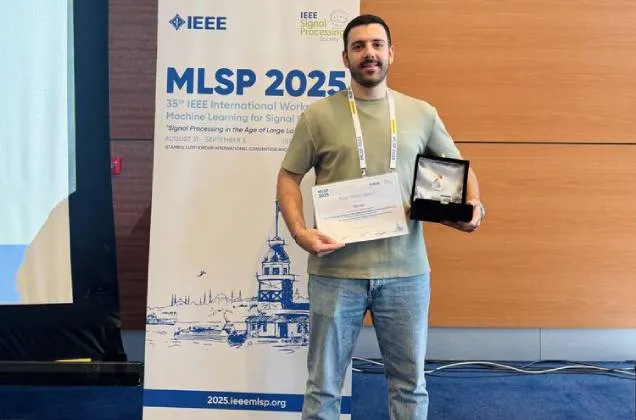22/06/2021
Sabancı University Gender Studies PhD student Oğuz Can Ok receives TÜBİTAK ARDEB-1002 support.

Oğuz Can Ok’s project, which will be supported in TÜBİTAK ARDEB-1002 Short Term R&D Funding Program, is entitled "Neoliberalism in the Kitchen?: Challenging Interactions among Food, Body and Gender in Turkey".
This project aims at examining the participation of men in unpaid domestic work from the perspective of critical masculinity studies through looking at the ways in which men relate to the kitchen, cooking and preparing food.
This project will be carried out by Oğuz Can OK (Doctoral Candidate in Gender Studies Program – Sabancı University) within the scope of his own doctoral dissertation and it will last one year. Asst. Prof. Ayşecan Terzioğlu (Sabancı University-Cultural Studies and Gender Studies Programs) and Asst. Prof. Selin Akyüz (TED University-Department of Political Science and International Relations) will be the project's consultants. At the same time, an undergraduate student will work as a scholarship student within the scope of the project.
Oğuz Can Ok said the following regarding the project’s significance: The research based on quantitative data, such as Time Use Surveys, points out that women still devote more time to food preparation that is a considerable part of unpaid domestic work. Focusing on gender inequality, this project will critically examine the sources of motivation and performances of masculinity of men who take active responsibility in their home kitchens. The project aims at contributing to discussions on different typologies of masculinity and production of an egalitarian masculinity. For this purpose, in addition to deploying qualitative data collection tools such as in-depth interviews, a new creative qualitative data collection tool called Kitchen Diaries will be used. As a result, this project will contribute to both theoretical and methodological scholarship in gender studies. At the same time, outputs of the study can be used to create public policy proposals and materials that can be employed by the civil society stakeholders for the elimination of gender inequalities.




